In the quest for sustainable transportation, hydrogen cars have emerged as a prominent option for eco-friendliness and longevity. These vehicles debunk the conventional gasoline-powered vehicles and challenge the dominant position of electric vehicles. As efforts are being made to reduce carbon emissions, hydrogen vehicles are a suitable alternative, providing compelling performance, amazing features, and impressive technology. Here are 14 reasons why hydrogen-fueled cars might outlast electric vehicles –
Faster Refuelling:
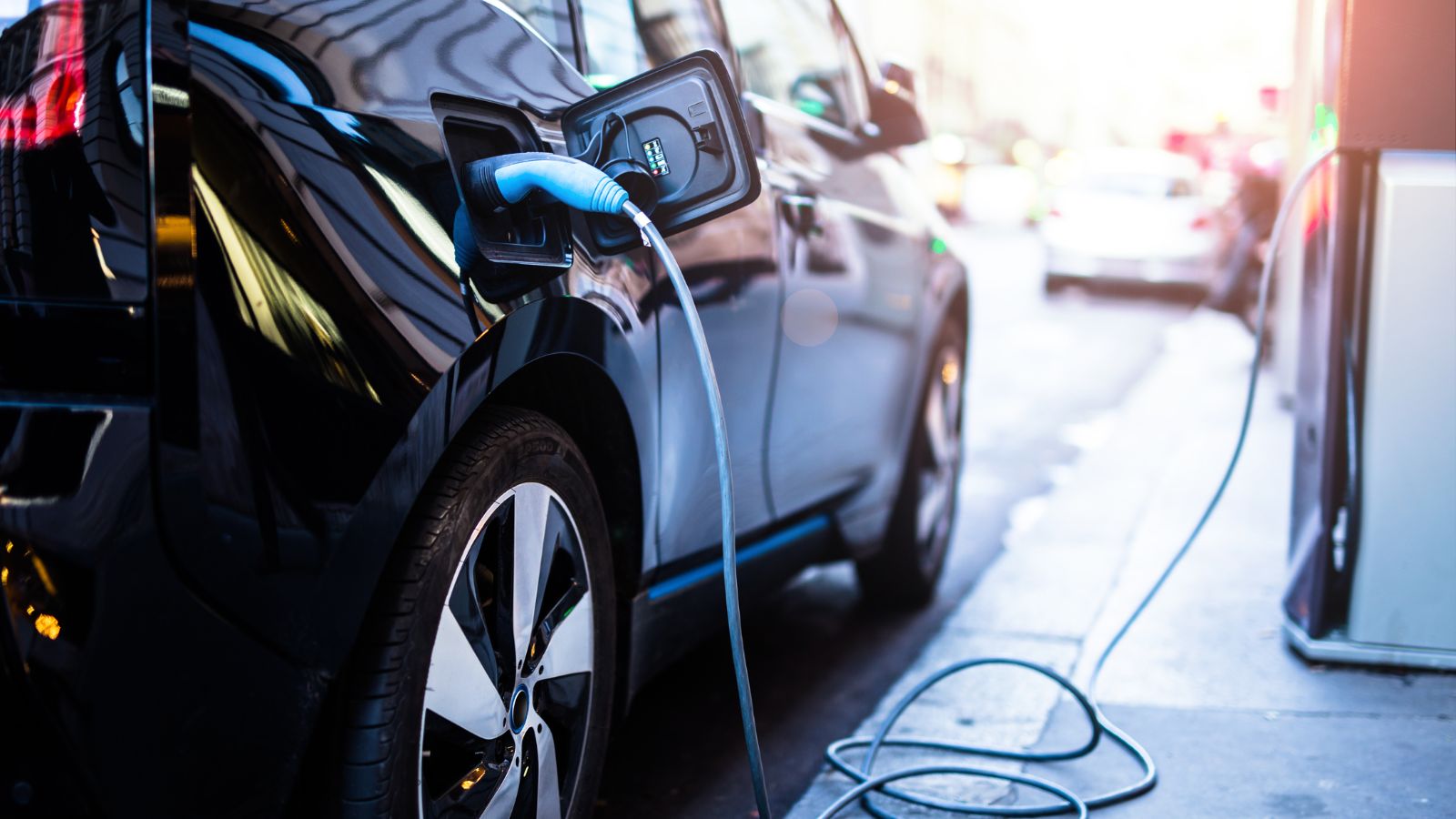
Unlike electric vehicles, which require extended charging time, hydrogen vehicles can be refueled in 4-5 minutes, just like gasoline-powered cars. This saves a lot of time and reduces the rush at refueling stations. Moreover, this factor makes hydrogen vehicles more convenient for long-range travel, as electric vehicles will always take longer to recharge.
More Extended Range:
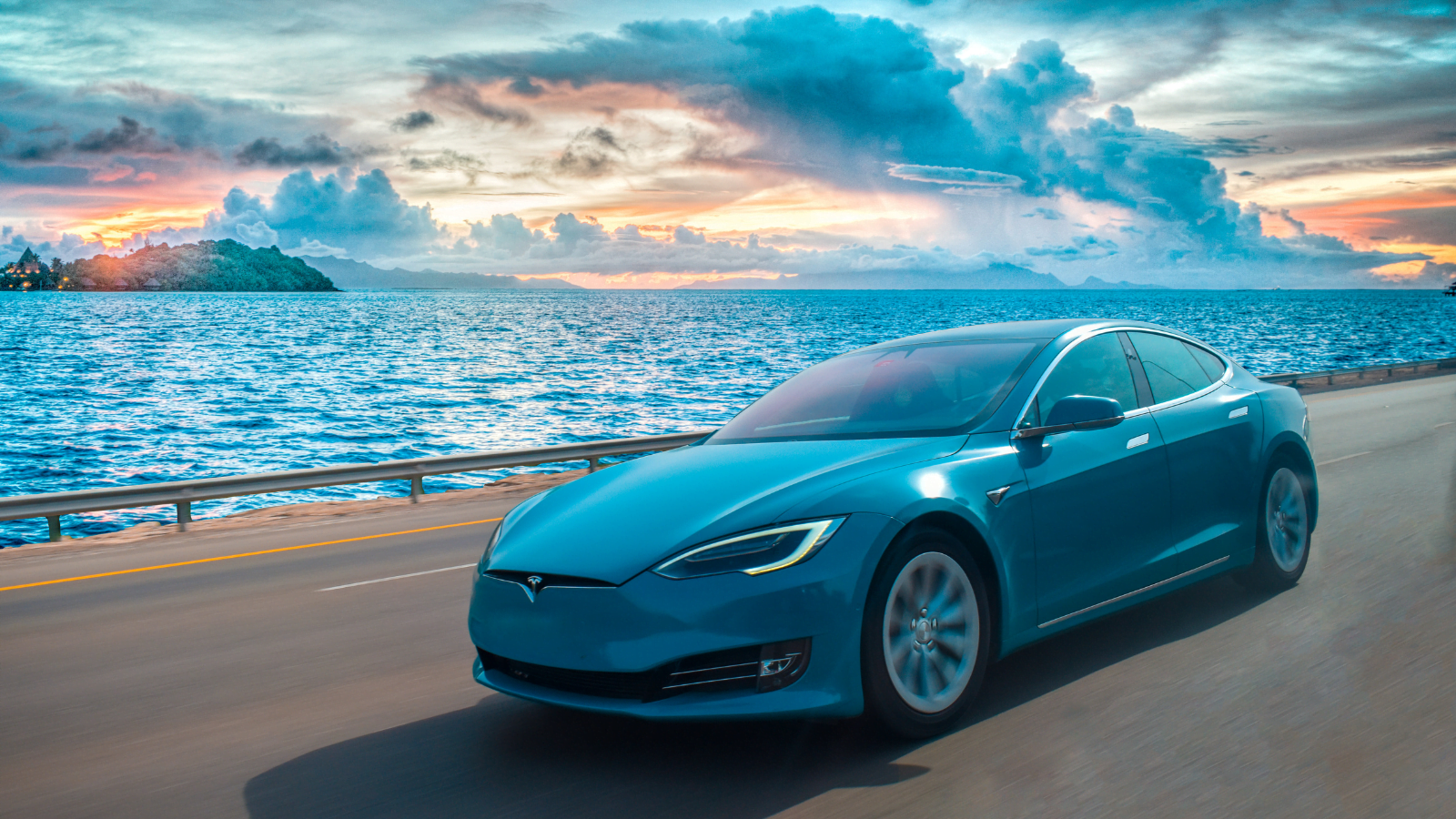
The Tesla Model S Plaid has a maximum range of around 400 miles. However, other electric vehicles significantly lag when it comes to range. Electric vehicles with a sub-250-mile and 300-mile range category are easily beaten by hydrogen vehicles that can cover more range due to their dual engines. For example, the Toyota Mirai can easily travel post 400 miles on a single hydrogen tank.
Reduced weight:
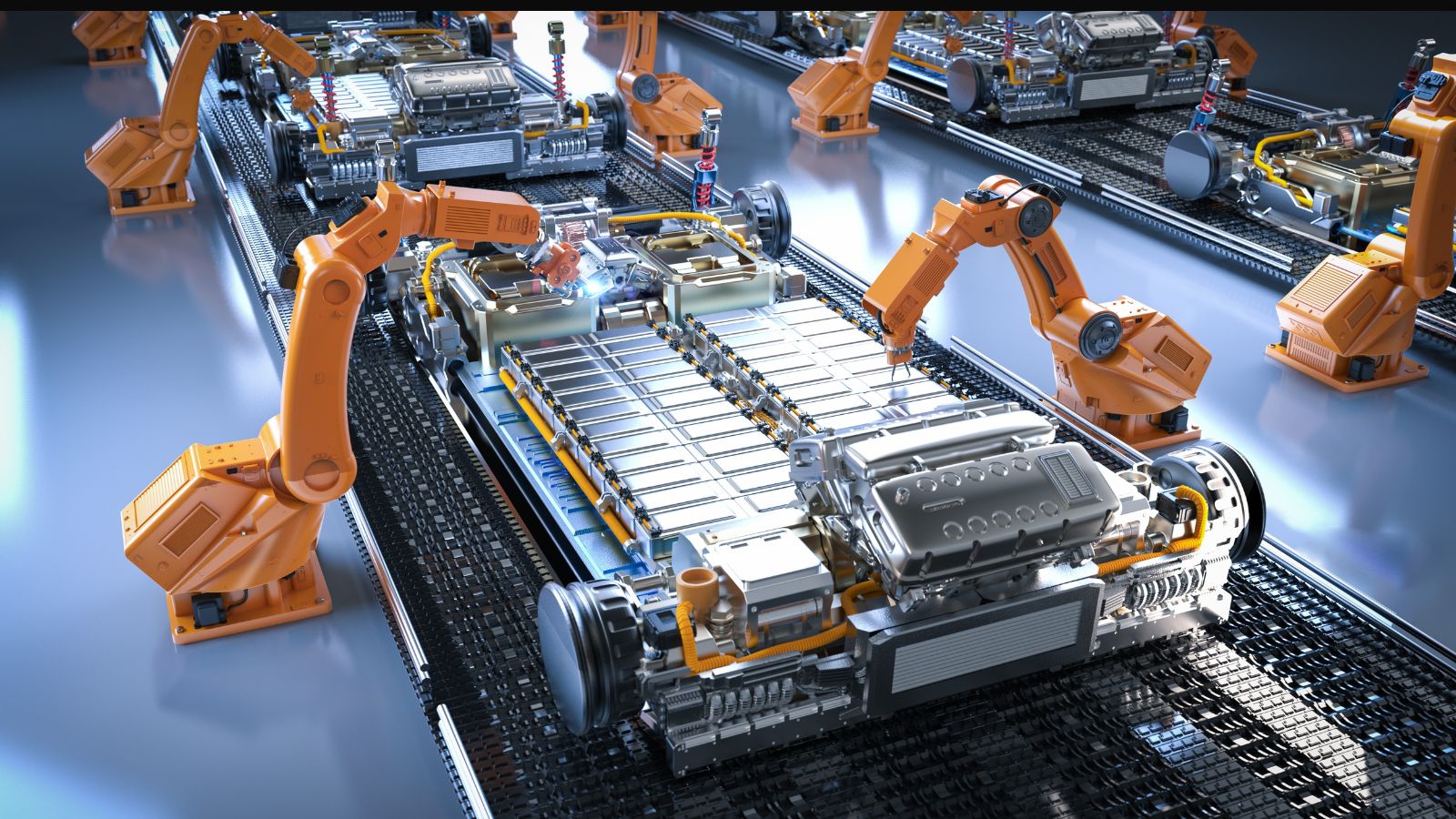
Electric vehicles are packed with large batteries, significantly increasing their weight. In comparison, hydrogen vehicles are generally lighter, giving them an edge in performance and handling. The weight advantage here plays a major role in achieving efficiency with reference to energy and driving dynamics. Lightweight vehicles with their sleek design appeal to the consumers boosting both sustainability and mobility to the vehicle.
Infrastructural Investment:
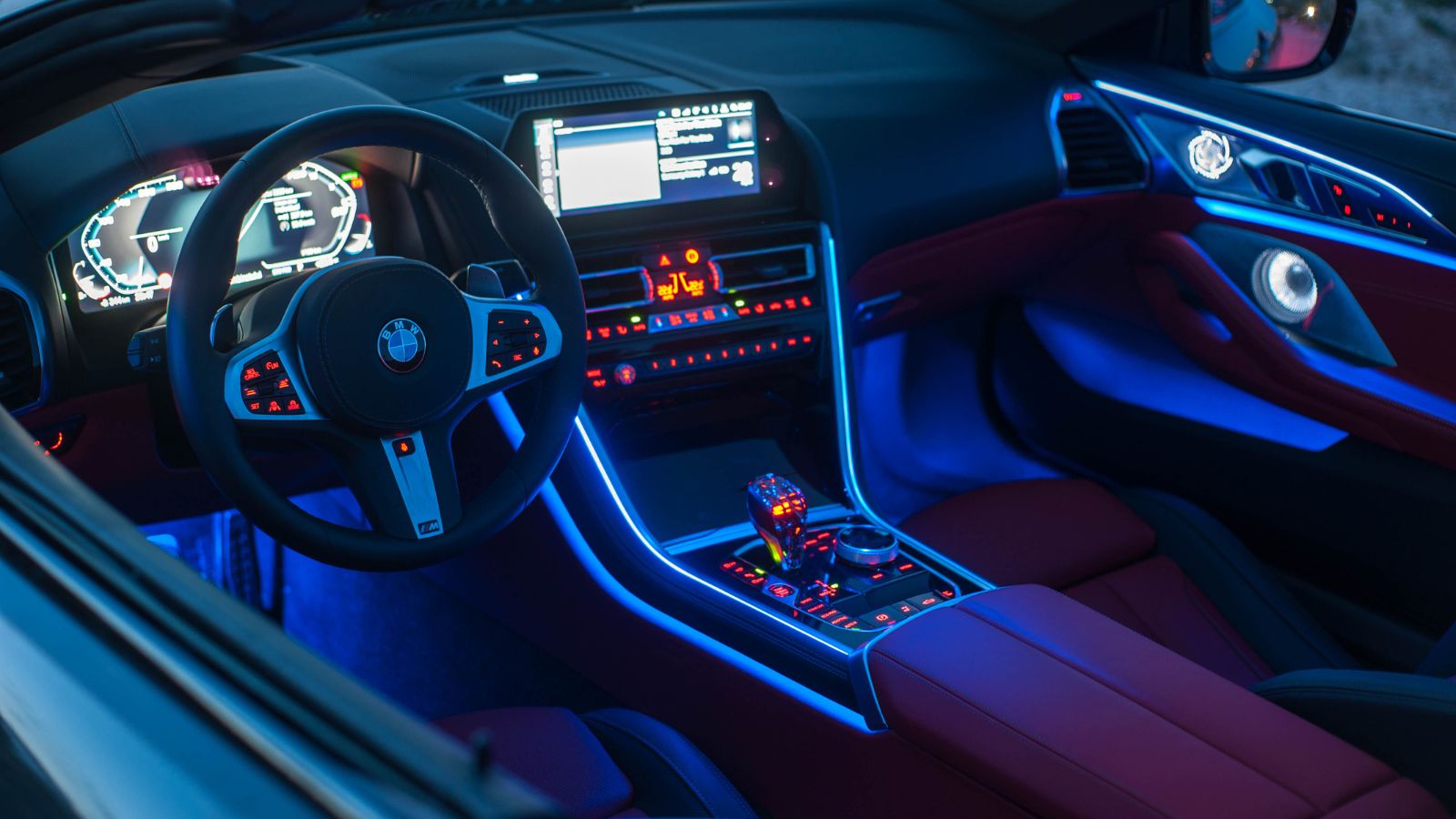
While electric cars are labeled as the industry’s future, many people overlook the impact hydrogen-fueled vehicles are bringing about. Support from the government and many investors has enabled hydrogen vehicle manufacturers to push their limits and research new technology. The infrastructure, storage facilities, and distribution networks contribute towards the betterment of the industry while providing many job opportunities.
Scalability:
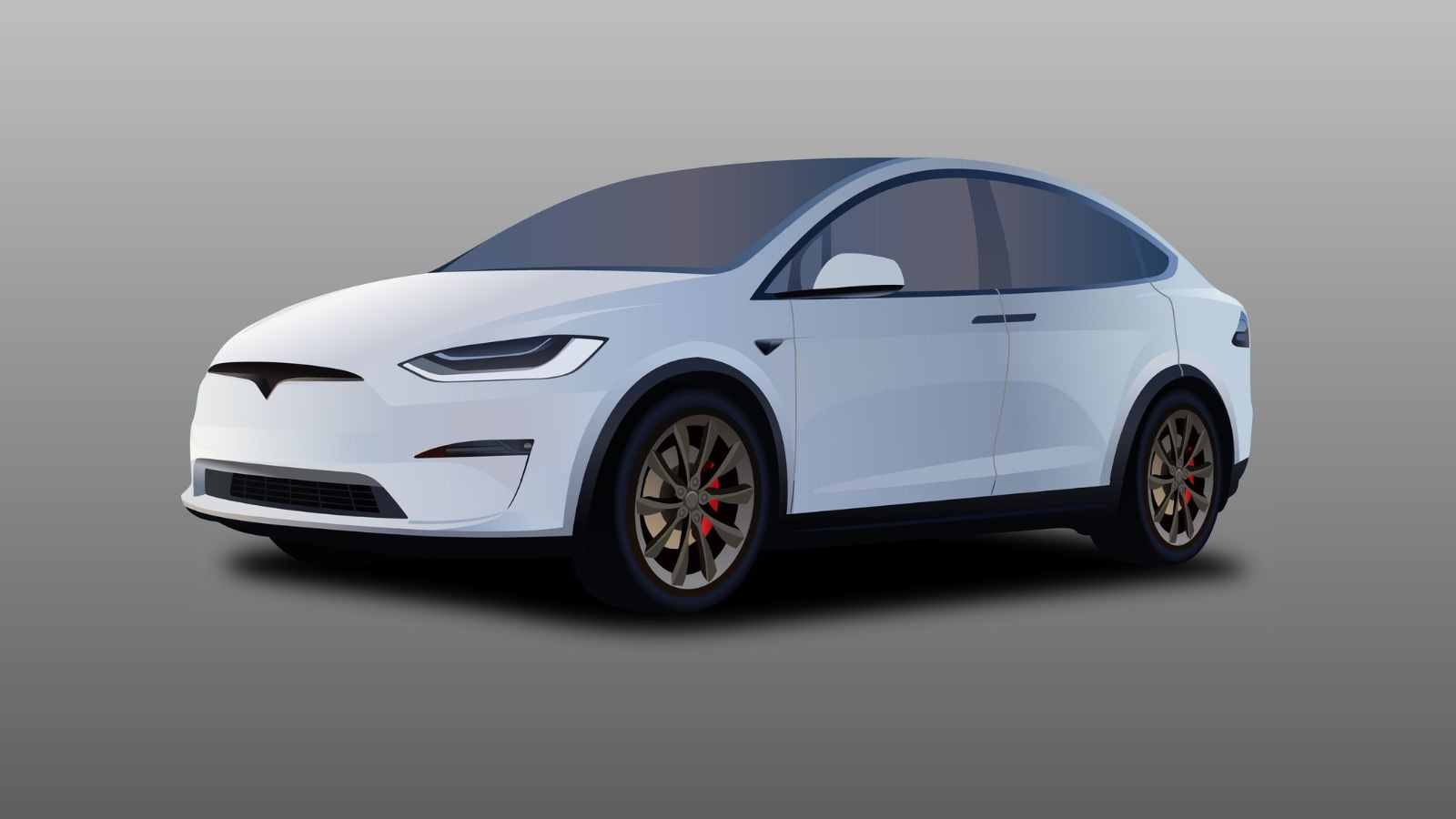
There are many issues regarding hydrogen-fueled vehicles’ production, storage, and transportation. However, the potential for scalability and growth presents a significant advantage. Renewable sources are crucial to EVs and hydrogen vehicles, and both strive for carbon neutrality. Despite facing a high production cost for hydrogen fuel stations, the infrastructure is set to accelerate the adoption of these vehicles among consumers, integrating them into mainstream transport.
Durability:

Hydrogen fuel cell stacks generally provide more durability, extending the vehicle’s lifespan. One major advantage is the reduction in battery degradation over time. As hydrogen vehicles utilize two fuel sources instead of 1, they outperform electric vehicles, which only depend on their battery.
Extreme Weather Performance:

Extreme cold weather could be the nemesis of electric vehicles. Hydrogen vehicles can maintain consistent performance in any weather. Hydrogen fuel cells appeal to consumers by offering reliable operation for diverse climates and a longer range.
Battery Replacement:
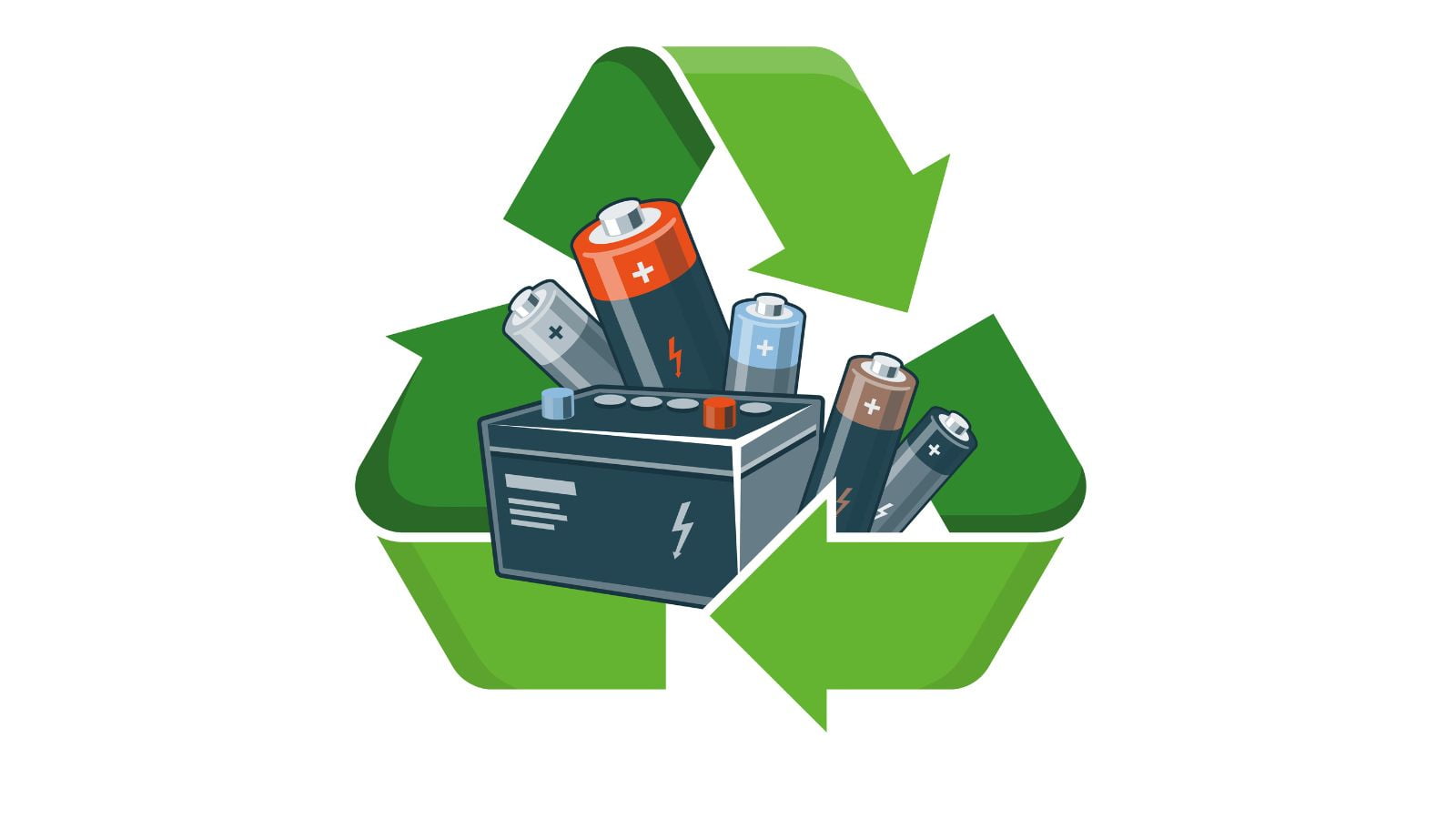
The batteries of the electric cars won’t last forever. As a result, electric vehicles have a higher maintenance cost when it comes to hydrogen-fueled vehicles. The batteries in electric cars will eventually degrade over time, and replacing them comes with a hefty price tag. While electric vehicles constantly upgrade and improve their battery technology, this will remain an underlying factor. Hydrogen vehicles don’t have this challenge at all.
Simple Drivetrain:

Electric vehicles tend to rely on electric motors, large lithium-ion batteries, etc. In contrast, hydrogen fuel cell vehicles use a fuel cell stack combining hydrogen with oxygen to power the electric motor. This eliminates the necessity of complex gearboxes and large battery packs.
Manufacturing Hassle:

While electric vehicles are highlighted as the beacon of environmental conservation, the production of these vehicles, especially their batteries, releases many harmful gases, causing more harm to the environment. Hydrogen can be produced from renewable sources like solar or wind energy. There is no release of greenhouse emissions, thereby creating a clean energy cycle. Even though the current infrastructure still relies on fossil fuels, efforts are being made to reduce this.
Suitable for Heavy Vehicles:

Commercial vehicles like trucks might be suited to be powered by hydrogen fuel cells instead of electric motors. The simple reason may be their extended range and faster refueling times. Even electric vehicles have made attempts to bring their technology to larger vehicles, but for more versatile reasons—hydrogen vehicles will be suitable for long-haul trucking applications.
Quieter Driving Experience:

While electric and hydrogen vehicles tend to be quiet without boasting loud engines, hydrogen vehicles offer a quieter ride. The fuel is produced via an electrochemical reaction in the fuel cell, creating an even smoother and quieter experience than the noise produced in the gearboxes of electric vehicles. The high-pitched whine is suppressed in hydrogen vehicles, which may appeal to consumers who want a quieter experience.
Reduced Reliance:
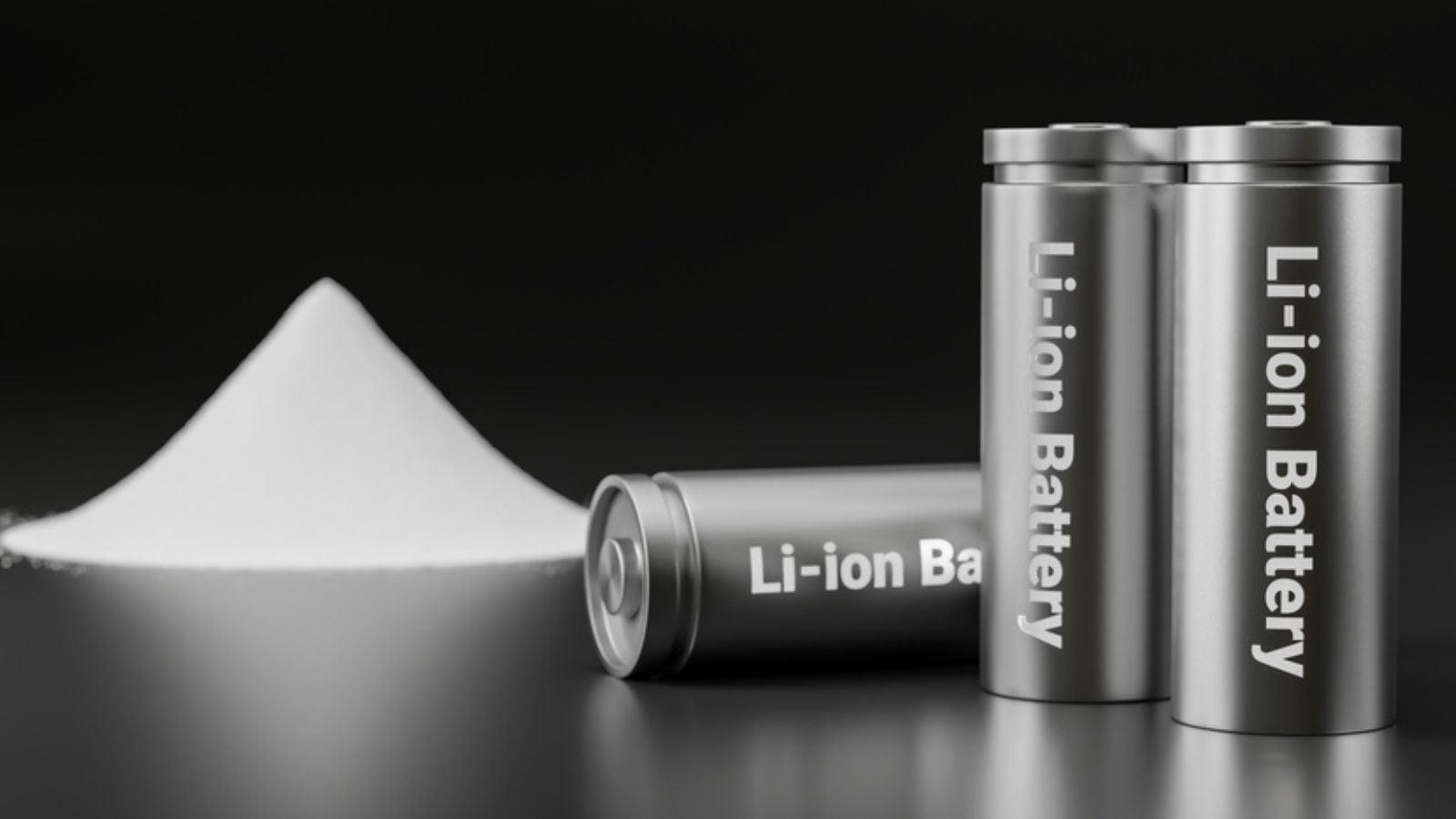
Electric vehicles heavily rely on lithium for batteries, and many countries may have limited access to these specific resources. Hydrogen is an abundant resource that can be produced from various sources, like renewable energy. Hydrogen can be produced domestically, which gives these hydrogen-fueled vehicles a greater edge and less dependence on other countries. This potential of energy independence makes these hydrogen-fueled vehicles a more logical choice for counties and consumers.
Energy Storage Facilities:
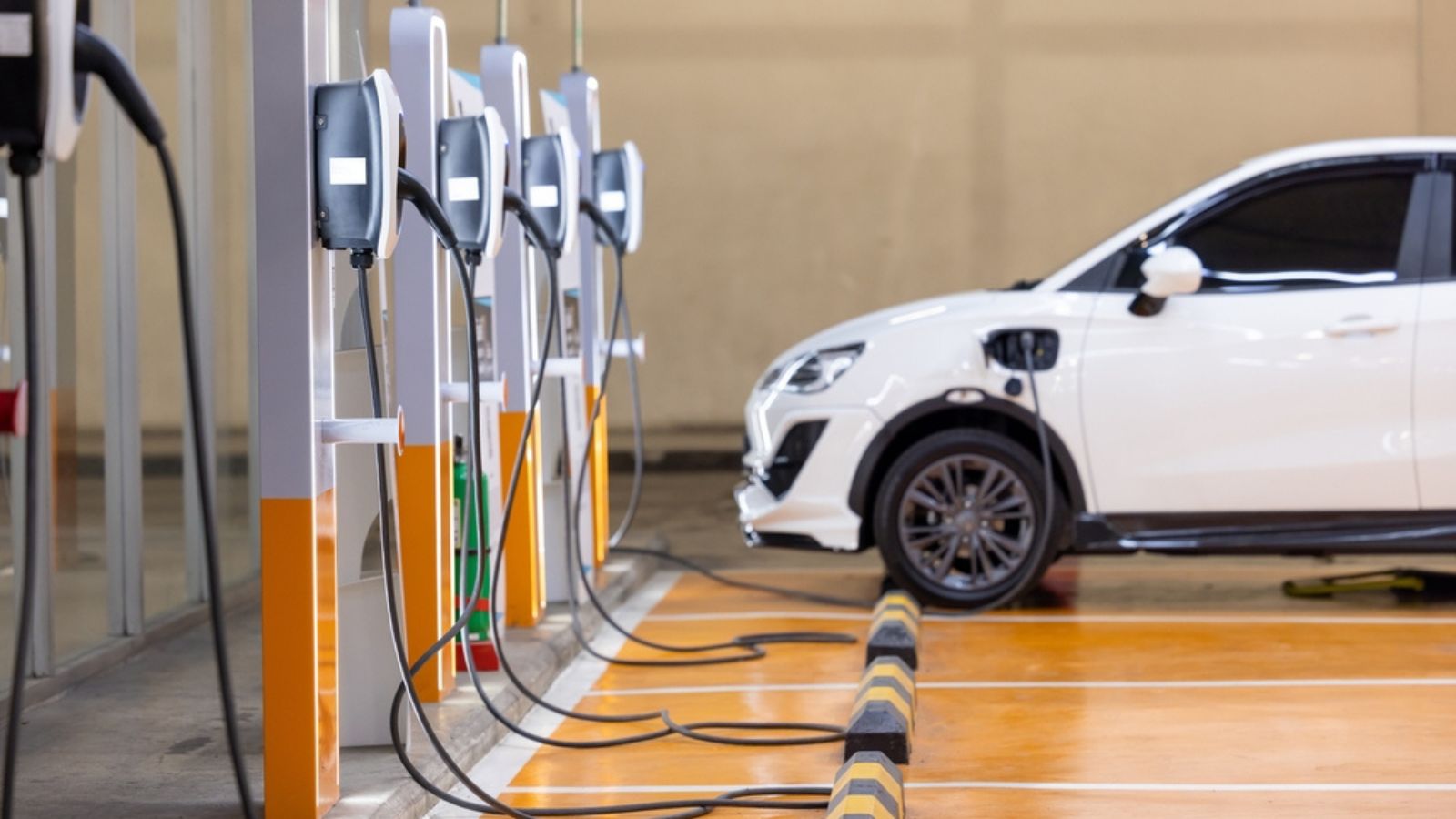
Hydrogen can be produced during off-peak power grid hours. Due to its renewable sources, excess fuel can be generated through electrolysis. Thus, hydrogen gas here outperforms electric vehicles and acts as an energy carrier even during peak grid hours.
15 Most Reliable Cars Ever Made — Why They Never Quit
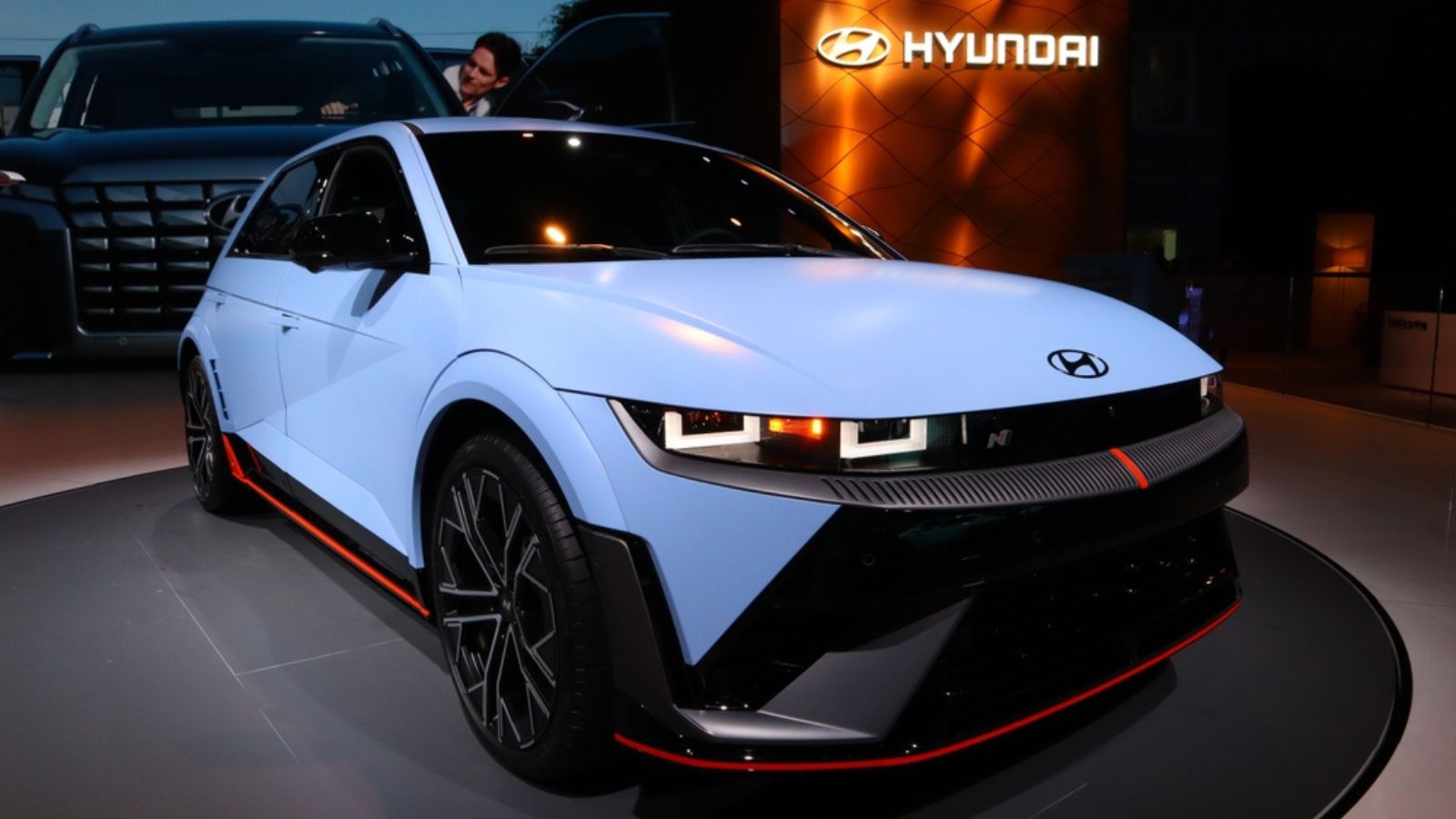
Some claim that the dependability of autos has decreased. Modern cars have a shorter lifespan than some cars manufactured between the 1970s and the 1990s, but some new and used cars today are good enough to last for at least ten years and up to 500,000 miles. When these vehicles break down, most problems are relatively simple, and many don’t have serious difficulties. Here are 15 of the most reliable cars ever made: 15 Most Reliable Cars Ever Made — Why They Never Quit
